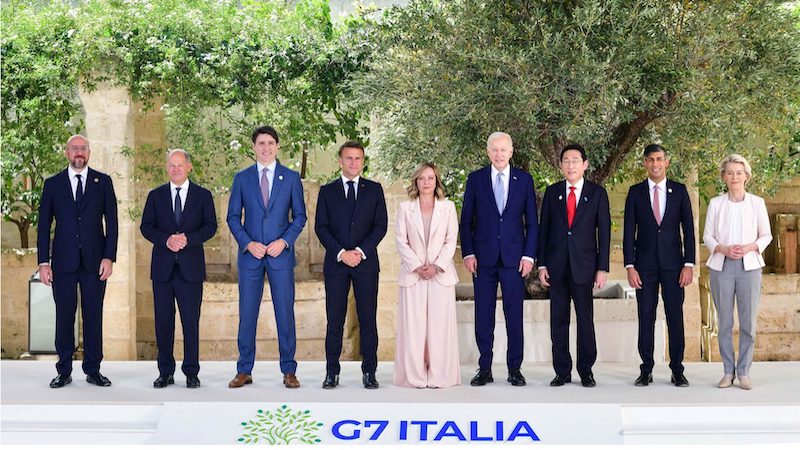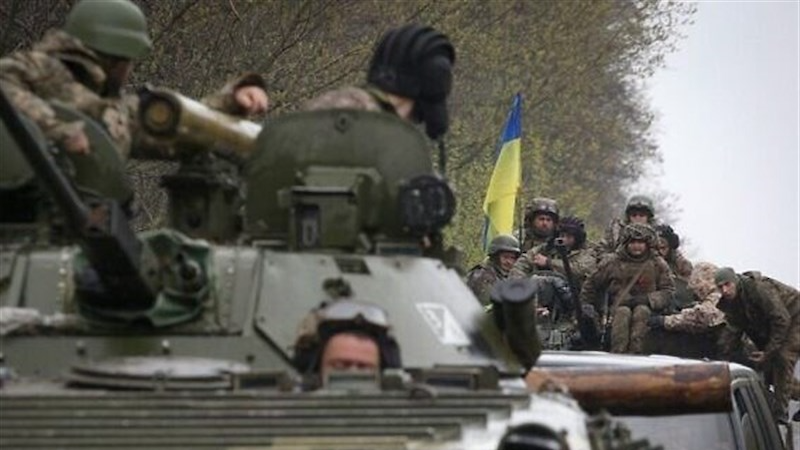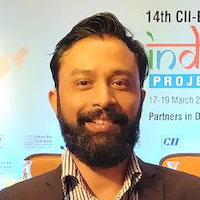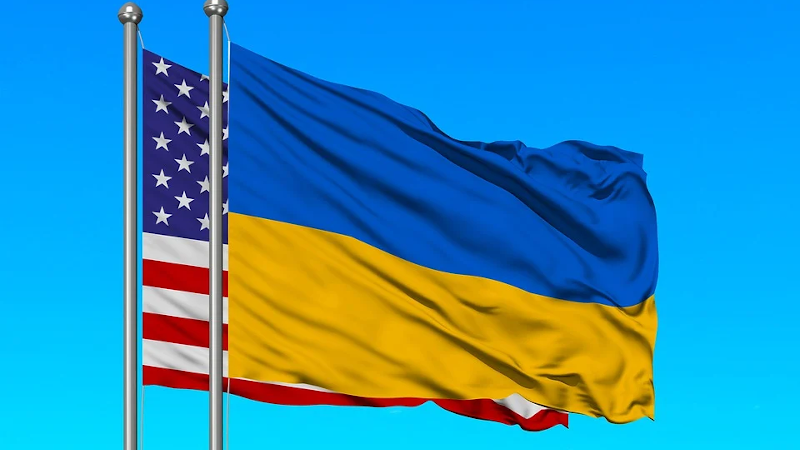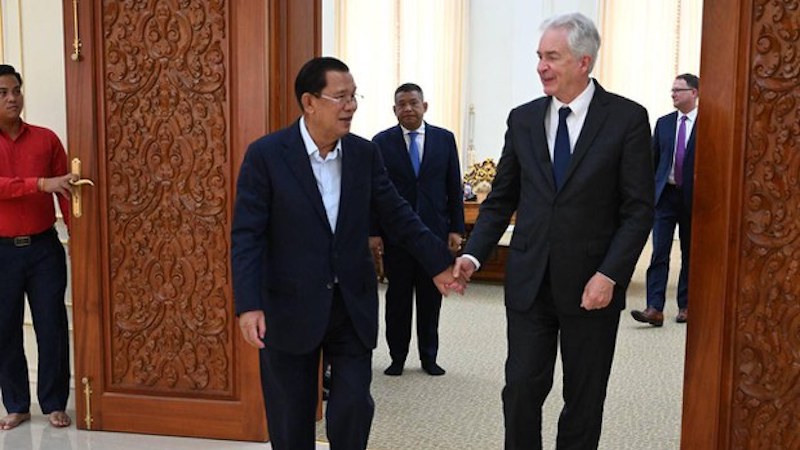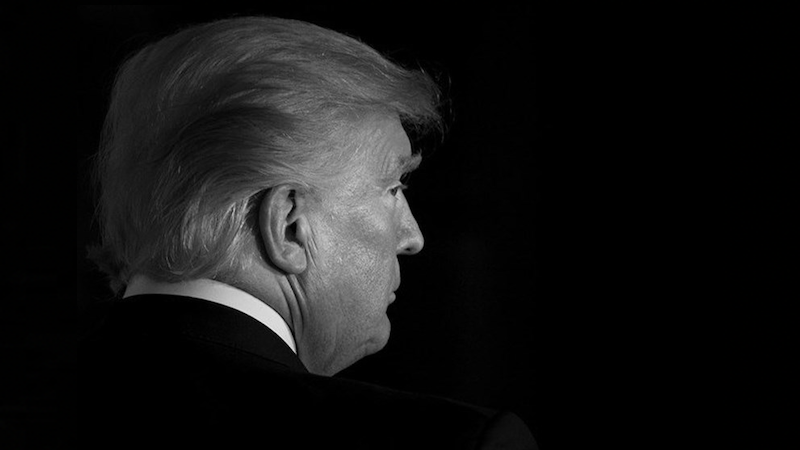
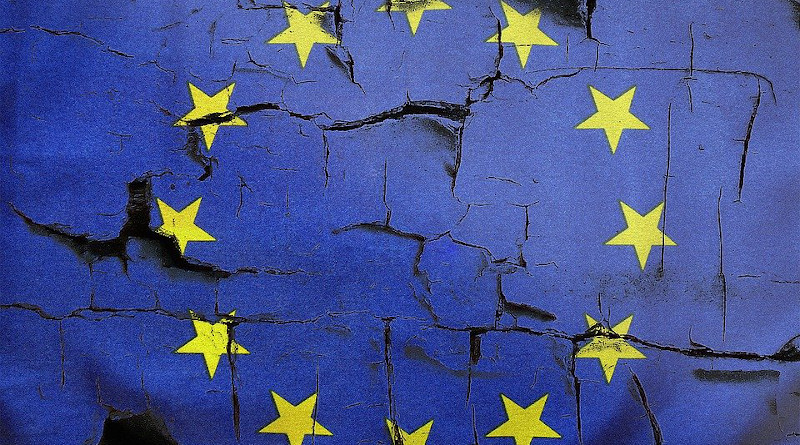
I have been writing for some time that Europe (and the U.S.) are in a period of alternate revolution and civil war. History warns us that such conflicts tend to be extended, with peak episodes which are revolutionary (as the prevailing paradigm first cracks); yet which, in reality, are but alternate modes of the same – a ‘toggling’ between revolutionary peaks and the slow ‘slog’ of intense cultural war.
We are, I believe, in such an era.
I also have suggested that a nascent counter-revolution was slowly gathering – one defiantly unwilling to recant traditionalist moral values, nor prepared to submit to an oppressive;illiberal;international order posing as;liberal.
What I had not expected was that the ‘first shoe to drop’ would occur in Europe – that it would be France that would be the first to break the illiberal mould. (I had thought that it would break first in the U.S.)
The European MEP election outcome may come to be viewed as the ‘first swallow’ signalling a substantive change in the weather. There are to be snap elections in Britain and France, and Germany (and well as much of Europe) is in a state of political disarray.
Have no illusions though! The cold reality is that western ‘Power Structures’ own the wealth, the key institutions in society and the levers of enforcement. To be plain: they hold the ‘commanding heights’. How will they manage a West edging towards moral, political and possibly financial collapse? Most likely by doubling-down, with no compromise.
And that predictable ‘doubling down’ will not necessarily be confined to fights within the ‘Colosseum’ arena. It will certainly impinge into high-risk geo-politics.
Undoubtedly, U.S. ‘structures’ will have been deeply disconcerted by the European election portent. What does the European anti-Establishment mutiny imply for those Ruling Structures in Washington, especially at a time when all the world sees Joe Biden visibly wobbling?
How will they distract ‘us’ from this first crack to their international Structural Edifice?
Already, there is U.S.-led military escalation – ostensibly connected to Ukraine – but whose objective clearly is to provoke Russia into retaliation. By incrementally escalating NATO violations of Russia’s strategic ‘red lines’, it seems that the U.S. hawks seek to gain the escalatory advantage over Moscow, leaving to Moscow the dilemma of how far to retaliate. The western élites;do not fully believe;the warnings from Moscow.
This provocation ploy might conceivably offer either a crafted image of the U.S. ‘winning’ (‘staring down Putin’), or alternatively, come to provide a pretext to postpone U.S. Presidential elections (as global tensions spike) – thereby giving the permanent state time to get its ‘ducks in lined up’ to manage an early Biden succession.
This calculus however, is contingent on how soon Ukraine implodes either militarily, or politically.
An earlier than expected Ukraine implosion might become the staging for a U.S. pivot to the Taiwan ‘front’ – a contingency that already is being prepared.
Why is Europe in mutiny?
The mutiny has arisen because many in the West now see only too clearly that the western ruling structure is no liberal project;per se, but rather is an avowedly illiberal mechanical ‘control system’ (managerial technocracy) – that fraudulently poses as liberalism.
Clearly many in Europe are alienated from the Establishment. The causes may be multiple – Ukraine, immigration or falling living standards – yet all Europeans are versed in the narrative that history has bent to the long arc of liberalism (in the post-Cold War period).
Yet that has proved illusory. The reality has been control, surveillance, censorship, technocracy, lockdowns and climate emergency. Illiberalism, even quasi totalitarianism, in short. (von der Leyen took things further recently,;arguing;that;“If you think of information manipulation as a virus, instead of treating an infection once it has taken hold;… it is much better to vaccinate so that the body is inoculated”).
When then, did traditional liberalism (in the loosest definition) turn illiberal?
The ‘about-face’ came in the 1970s.
In 1970, Zbig Brzezinski (who was to become National Security Adviser to President Carter) published a book entitled:;Between Two Ages: America’s Role in the Technetronic Era. In it, Brzezinski argued:
“The technetronic era involves the gradual appearance of a more controlled society. Such a society…dominated by an élite, unrestrained by traditional values…[and practicing] continuous surveillance over every citizen;…;[together with] manipulation of the behaviour and intellectual functioning of all people;… [would become the new norm].”
Elsewhere he argued that “the nation-state as a fundamental unit of man’s organised life has ceased to be the principal creative force: International banks and multinational corporations are acting and planning in terms that are far in advance of the political concepts of the nation-state”.;(i.e. Business cosmopolitanism as the future.)
David Rockefeller and the power brokers around him – together with his Bilderberg grouping – seized on Brzezinski’s insight to represent the third leg to ensuring that the 21st;century would indeed be the ‘American Century’. The other two legs were control of oil resources and dollar hegemony.
Then followed a key report,;Limits to Growth, (1971, Club of Rome (again a Rockefeller creation), which provided the deeply flawed ‘scientific’ underpinning to Brzezinski: It predicted an end to civilization, owing to population growth, combined with depleting resources (including, and especially, depleting energy resources).
This dire prediction was imputed to say that only economic experts, tech experts, leaders of multinational corporations and banks had the foresight and technological understanding to manage society – subject to the complexity of;Limits to Growth.
Limits to Growth;was a mistake. It was flawed, yet that did not matter: President Clinton’s adviser to the UN Rio Conference, Tim Wirth, admitted the error, yet cheerfully added:;“We have got to ride the global warming issue. Even if the theory is wrong, we will be doing the ‘right thing’ in terms of economic policy”.
The proposition was wrong – but the policy was right! Economic policy was upended, based on faulty analysis.
The ‘godfather’ to the further pivot to totalitarianism (apart from David Rockefeller), was his protégé (and later, Klaus Schwab’s ‘indispensable adviser’), Maurice Strong. William Engdahl has;written;how;“circles directly tied to David Rockefeller and Strong in the 1970s birthed a dazzling array of élite (private-invitation) organizations and think tanks”.;
“These included the neo-Malthusian Club of Rome; the MIT-authored study: ‘Limits to Growth’,;and the Trilateral Commission”.
The Trilateral Commission however, was the secretive heart to the matrix.;“When Carter took office in January 1976, his Cabinet was drawn almost entirely from the ranks of Rockefeller’s Trilateral Commission – to such an astonishing degree that some Washington insiders called it the ‘Rockefeller Presidency’”, Engdahl writes.
Craig Karpel, in 1977, also wrote:
“The presidency of the U.S. and the key cabinet departments of the federal government have been taken over by a private organization dedicated to the subordination of the domestic interests of the United States to the international interests of the multi-national banks and corporations. It would be unfair to say that the Trilateral Commission dominates the Carter Administration.;The Trilateral Commission;is;the Carter Administration”.
“Every key U.S. Government foreign and economic policy post, since Carter, has been held by a Trilateral”, Engdahl writes. And so it continues – a matrix of overlapping membership that is little visible to the public, and which very loosely may be said to have constituted the ‘permanent state’.
Did it exist in Europe? Yes, branches across Europe.
Here lies the root to last weekend’s European ‘mutiny’: Many Europeans refuse the concept of a controlled universe. Many are defiantly unwilling to recant their traditional ways of life or their national allegiances.
The Rockefeller Faustian bargain of the 1970s had one narrow segment of the American ruling cadre seceding from the American nation to occupy a separate reality in which they disassembled an organic economy to the benefit of the oligarchy, with ‘compensation’ coming only from their embrace of identity politics and the ‘just’ rotation of some diversity into corporate executive suites.
Looked at in this way, the Rockefeller deal can be viewed as a parallel to the South African ‘arrangement’ that ended Apartheid: the Anglo-élites held onto economic resources and power, whilst the ANC, on the other side of the equation, got a Potemkin façade of their taking political power.
For Europeans, this Faustian ‘arrangement’ degrades Humans down to identity units occupying the spaces between markets, rather than markets being the ancillary to an organic human-centred economy, as Karl Polanyi wrote some 80 years ago in;The Great Transformation.
He traced the turmoil of his era down to one cause: the belief that society can, and should, be organised through self-regulating markets. For him, this represented nothing less than an ontological break with much of human history. Prior to the 19th century, he insisted, the human economy had always been “embedded” in society: it was subordinated to local politics, customs, religion and social relations.
The converse (Rockefeller’s technocratic illiberal cum identity paradigm) leads only to the attenuation of social bonds; the atomisation of community; to the lack of metaphysical content and thus to an absence of existential purpose and meaning.
Illiberalism is unfulfilling. It says: You don’t count. You don’t belong. Many Europeans evidently now get it.
Which somehow takes us back to the question of how the western strata will react to the nascent mutiny against the International Order that has been accelerating across the globe – and which has now surfaced in Europe, albeit with diverse colorations and some ideological baggage.
It is not likely – for now – that the Ruling Strata will compromise. Those who dominate tend to fear existentially: Either they keep dominating, or they lose all. They see only a zero sum game. Each side’s status becomes frozen. People increasingly meet only as ‘adversaries’. Co-citizens become dangerous threats, who must be opposed.
So, consider the Israeli-Palestinian conflict. Leaders in the U.S. ruling strata comprise many zealous supporters of a Zionist Israel. As the International Order starts to crack, this segment of structural power in the U.S. is likely to be uncompromising too, fearing a zero-sum outcome.
There is an Israeli narrative to the war and a ‘rest of world narrative’ – and they don’t really meet. How to arrange things? The transformative effect of seeing ‘others’ differently – Israelis and Palestinians – presently is not on the table.
That conflict has the potential to get much worse – and for longer.
Might the ‘Ruling Strata’ – desperate for a certain outcome – seek to fold (and try to conceal) the horrors of this west-Asian struggle within a wider geo-strategic war? One in which greater multitudes become displaced (thus dwarfing a regional horror)?


